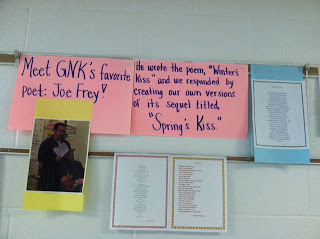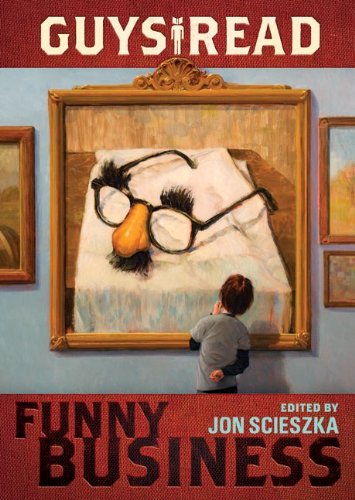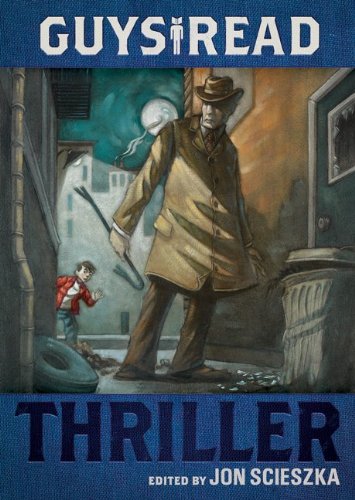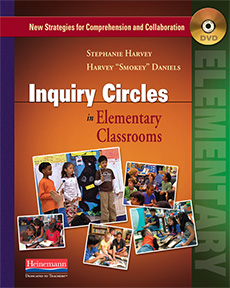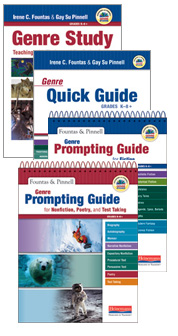Getting Ready for your Literacy Framework:
It is that time again...back to school time. As teachers we are busy getting our classrooms ready for our new students. In order to do that, it is important to be ORGANIZED and PREPARED. These are the keys to a less stressful school year. Begin to think about what you need to launch the new school year. It might be helpful to look back at your lesson plans to remember (it was a whole year ago now) some of the important things that you did to get to know your students and drive your instruction.
Here are some things that I like to have ready to go for my literacy framework:
Supplies:
1. Folders- Reading, Writing, Word Study (with any sheets that you find useful for students)
2. Reader's Notebooks- Names take awhile to write on the front, as well as signing the welcome letter inside
3. Writing Center- a designated area in the classroom with all writing supplies, so that students can independently get what they need during the writing workshop (post-its various sizes, pencils, red pens, blue pens, highlighters, white out, stapler, staples, tape, index cards, dictionaries, thesauruses, clipboards, hole punch...etc.)
4. Writing Process chart for students to move where they are in the process
5. Rubrics- start making copies of any rubrics that you know that you use during the year, so that your not scrambling later
6. Think Marks for students to keep track of their thinking
7. Begin to think about how you are going to organize things that you will need for yourself- i.e binders for separate workshops or one big binder
Assessments:
1. Reading Interview
2. Writing and Word Study Interview
3. Schlagel Spelling Interview- student copies, teacher copy for scores, analysis sheets (a few)
4. 6 Trait Writing Assessment
5. F & P Benchmark- do you have enough copies made before you begin testing?
Guided Reading Table Area:
I have learned to have a designated area with necessary supplies to ensure that I'm prepared for my reading groups. Even though groups will not begin until most likely October, I like to have things ready to go. This way I'm not scrambling later.

1. Bins-I like to have bins for different groups to keep any books and graphic organizers that I may use.

2. Supplies- try to keep plenty of pencils, highlighters, erasers, whiteout, dry erase markers, and small white boards for students
3. Observation Forms or stickies for anecdotal notes
4. Binder for notes on students to guide instruction/clipboard

I'm always trying out a new way to stay organized. You have to find out what works best for you. Some teachers like to keep plastic drawers near their table for their supplies. Others may prefer a small table behind or beside their table for bins. There is no magical answer. It is whatever helps to make things most efficient for you and your students.
Classroom Library:
Where will you put it? Think about where your students will be able to access books without bothering working students or your reading groups. Next, make sure that you have your books organized. Putting your books in baskets is easy access for students.
DO NOT organize them by reading level! Instead, organize them by genre, author, award winners, series...the sky is the limit.


Many teachers take the time to create a sticker system to organize books- meaning they use different stickers to code books. The sticker will coordinate with the genre. For example, red circle for realistic fiction. A coded chart can be hung in your library. This helps to keep books organized, helps students familiarize themselves with genres, and cuts down search time for books, as well as where to return books. It is time consuming to begin, but pays off year after year.
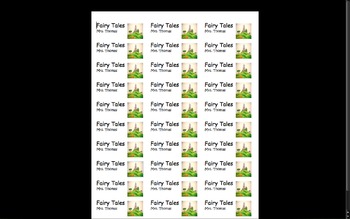
*Each book would get an individual sticker (doesn't necessarily have to say the genre- could have a symbol with a corresponding chart).
Make sure that there is an area for classroom book recommendations, as well. You might also want a basket for your mentor texts.
Decide how you will allow students to check-out books. In our classroom last year, we started a procedure where students had to fill out an index card with the title of the book, author, and their name (some books already had them from previous years, others didn't, but this is a task students can help you with). The cards were kept in a library pocket inside the book when the book is on the shelf. Then, they had to check-in with the teacher when they were checking out the book. This was very important in the beginning of the school year when we were teaching students to choose just right books. The teacher not only has a conversation with the student, but also records the book that each student decides to check-out. This helps keep track of books (so they don't get lost), time it takes a student to read the given book (are they really reading? is it just right?) and amount of books reading during the school year. The teacher keeps the index card (we had a pocket chart to put them in) and in order to get a new book the student had to trade out index cards and put books back into the correct location.

Finally- Map out how you are going to begin that 1st week. Think about how you are going to launch your workshops: 1st 20 days for reading, launching the Writer's Notebook, and the mentor texts that you are going to introduce to your class first :)
Cheers to a fabulous new successful school year!










